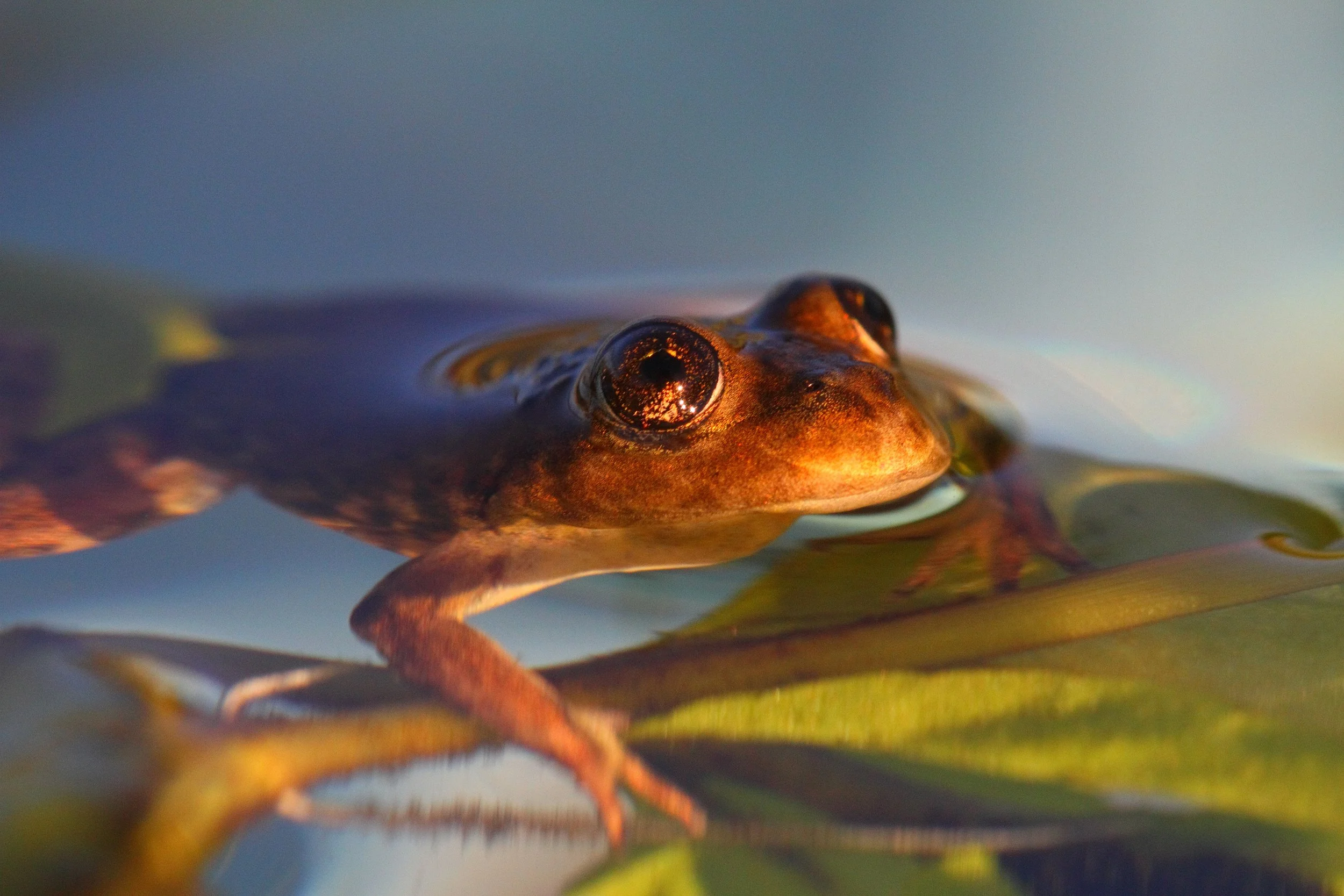Brazil’s Dr Yara Barros Wins 2025 Whitley Award for Jaguar Revival in Iguaçu National Park
©Whitley Fund For Nature | Tom Land
Words by Whitley Fund For Nature
Covered by Lucy Jane Morris
IG: @conkernaturemagazine
IG: @lucymorriswild
First published 30th April at 8:00PM GMT
UK charity, the Whitley Fund for Nature (WFN), is recognising Brazil's Dr Yara Barros with a 2025 Whitley Award for her work to protect jaguars in Iguaçu National Park in the Atlantic Forest, where populations are growing and her team is teaching local communities how to co-exist with the apex predator.
“One of our goals is to transform fear into fascination, and we actively work towards coexistence between jaguars and humans.”
Executive Coordinator of the Project Jaguars of Iguaçu, Yara’s team has played an important role in doubling jaguar numbers in the Green Corridor, which comprises Brazil's Iguaçu and the Argentina side of the UNESCO World Heritage Site. Jaguar numbers in the biodiversity hotspot, the site of one of the world’s most famous waterfalls, rose to 25 from just 11 within the park and to 93 from 40 within the Green Corridor over 13 years.
Charity Patron, HRH The Princess Royal, will present the £50,000 Whitley Award on 30 April at the Royal Geographical Society. The event will be livestreamed to YouTube.
With a bite more powerful than lions or tigers, jaguars have traditionally been feared by local people and have no predators. Hunting is their number one threat, both in retaliation for attacking livestock as well as incidental hunting by those targeting prey. Habitat loss means the largest feline in the Americas now occupies less than half of its historical range. In the highly deforested state of Paraná where Yara works, local jaguar numbers plunged by 72 percent in the 1990s.
Strengthening the connection between local communities and the park was urgent to mobilize support for the jaguar's survival. Since her appointment to the role in 2018, the zoologist and her team have worked to shift the narrative so that local people view jaguars as vital to biodiversity. Instead of killing jaguars, landowners now contact Yara's team first to resolve conflicts. They have since addressed 137 predation events and conducted almost 2,000 visits to properties.
With Whitley Award funding, Yara’s team aims to ensure the local Critically Endangered jaguar population will continue to grow. Their strategy includes improving livestock management, installing anti-predation devices to reduce livestock losses, and engaging environmental stakeholders in Brazil, Argentina and Paraguay to respond effectively to big cat incidents.
The anti-predation Foxlights are solar-powered devices designed to protect livestock by simulating human activity. They emit randomized flashes of light in different intensities and directions throughout the night, creating the illusion of movement.
The jaguar is considered a ”landscape detective species” because it helps determine how to manage landscapes; more data will benefit species including the cougar, the margay, the ocelot, the jaguarundi and the southern tiger cat.
Yara’s team will forge deeper ties with the local resident population of 500,000 in the ten cities surrounding the park. They will expand existing partnerships with local communities and schools where initiatives include boosting awareness with school children and a project to empower women through the "Jaguar Crocheteers" programme. They also persuaded the airport at Foz do Iguaçu, the gateway city to the park, to become the first in Brazil to be “Jaguar Friendly,” which includes supporting research on jaguars, creating spaces within the airport for visual and educational communications on jaguars, and implementing safety measures to prevent large felines from entering the airport premises.
“In the face of climate change and rapid biodiversity loss, jaguar conservation is a strategic step toward ensuring ecosystem resilience and human wellbeing.”
Cross-border collaboration with peers in Argentina will play a vital role. Combined, the two parks represent one of the most important biological continuum in South America. Iguaçu National Park spans 185,262 hectares of preserved area and is run by the federal government. The Green Corridor is home to one-third of the biome's jaguars as well as species including cougars and the broad-snouted caiman, 390 species of birds and 750 species of butterflies. The park attracts two million tourists a year.
Yara says she turned to jaguars after a long career protecting birds which included working with the last wild individual of the Spix's Macaw. After her first face to face encounter with a jaguar, she decided to "do the impossible to ensure those golden eyes kept shining in the forest."
Jaguars have lost some 60 percent of their habitat with the largest jaguar stronghold in the Brazilian Amazon where it is categorised as Near Threatened by the International Union for the Conservation of Nature. All other sub populations have been categorised as Endangered or Critically Endangered. Large-scale threats include man-made fires, deforestation, illegal killing and trade.
Yara previously served as technical director of Parque das Aves, a Brazilian zoo focused on bird conservation. Other roles included President of the Brazilian Association of Zoos and Aquariums and roles at Brazilian government agencies IBAMA, the federal agency responsible for environmental protection, and ICMBio, which is part of the Ministry of Environment.




































UK charity the Whitley Fund for Nature (WFN) is recognising seven outstanding conservationists with 2025 Whitley Awards and £400,000 ($529,000) in funding to sustain their work to revive wildlife species in Rwanda, Brazil, Colombia, Argentina, Nepal, Indonesia and Malaysia.
At a time when governments are cutting overseas aid, the funding will help to ensure a future for species and their broader ecosystems, including jaguars, Bornean elephants, brown spider monkeys, Javan gibbons, the El Rincón stream frog, Grey Crowned Cranes, as well as Yew trees and orchids.